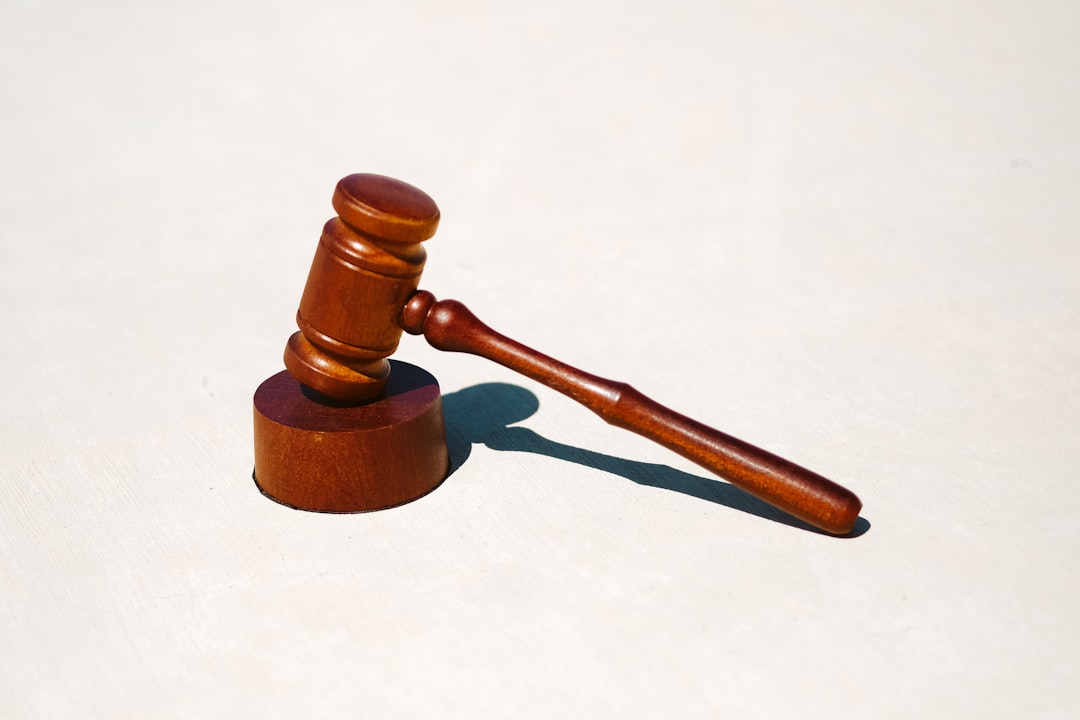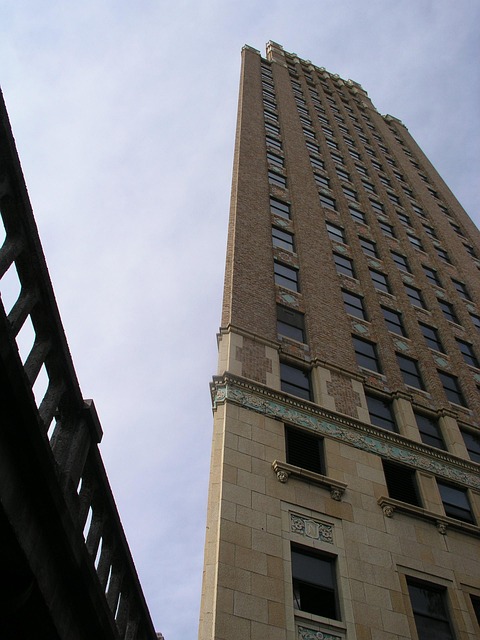San Antonio's "Do Not Call" laws protect homeowners from unsolicited telemarketing calls, with registration on the National Do Not Call Registry offering peace of mind. Violations can lead to fines. Engaging Do Not Call lawyers in San Antonio provides clarity and dispute resolution. Residents are encouraged to use self-reliance and creative problem-solving instead of automatically resorting to legal assistance for minor issues. Homeowners can document intrusive calls and reach out to the Federal Trade Commission (FTC) or local Do Not Call Lawyers San Antonio for guidance.
In San Antonio, understanding and adhering to “Do Not Call” laws is crucial for homeowners looking to protect their peace of mind. This comprehensive guide navigates the basics of these laws, clarifying who they protect and how they apply. Discover the potential consequences of violating these regulations and equip yourself with rights and resources—including registration procedures, complaint mechanisms, and legal action options—to combat unwanted calls effectively. Stay informed with Do Not Call lawyers in San Antonio to ensure your privacy is safeguarded.
Understanding Do Not Call Laws: A Basic Guide for San Antonio Homeowners

In San Antonio, like many places, there are strict “Do Not Call” laws designed to protect homeowners from unwanted telemarketing calls. These laws are regulated by both local and state regulations, with specific guidelines for businesses and individuals alike. Understanding these rules is crucial for San Antonio homeowners to safeguard their privacy and avoid potential legal issues.
San Antonio’s Do Not Call laws primarily restrict unsolicited phone marketing calls, especially those related to selling or promoting products and services. Homeowners who register on the official “Do Not Call” list are entitled to peace of mind, knowing they won’t receive these types of calls. If a business or individual violates these rules, they may face legal repercussions, including fines. Engaging Do Not Call lawyers in San Antonio can provide clarity on compliance and offer guidance for resolving any related disputes.
Who is Protected by these Laws and How Does it Affect You?

What are the Consequences of Violating Do Not Call Rules in San Antonio?

Violating San Antonio’s Do Not Call rules can lead to significant consequences for homeowners. These laws are in place to protect residents from unwanted and disruptive phone calls, particularly from telemarketers. If a caller ignores your registered “Do Not Call” status, they risk facing legal repercussions. Fines and penalties can be imposed on businesses or individuals found guilty of harassing phone calls.
Homeowners who encounter persistent violators may need to involve Do Not Call Lawyers San Antonio to enforce their rights. Legal action can include filing complaints with the appropriate authorities, seeking injunctions to stop the calls, and even pursuing monetary damages. It’s crucial for residents to understand their rights and take proactive measures to avoid unwanted phone marketing, ensuring a peaceful and respectful living environment.
Your Rights: How to Register, Complain, and Take Action Against Unwanted Calls

In San Antonio, Texas, homeowners have rights when it comes to unwanted telephone calls, especially those related to telemarketing or sales pitches. One effective way to protect yourself is by registering your number on the National Do Not Call Registry. This federal list restricts marketing calls to residents who have chosen not to be contacted. To register, you can visit the Federal Trade Commission (FTC) website or call their dedicated hotline. It’s a simple process that ensures your privacy and peace of mind.
If you’re already receiving unwanted calls, taking action is crucial. Document each incident, including the caller’s name, phone number, and the date and time of the call. You can file a complaint with the FTC or contact local Do Not Call lawyers in San Antonio for guidance. These legal experts specialize in enforcing do-not-call laws and can assist you in sending cease-and-desist letters or taking further legal action if necessary. Remember, standing up for your rights is essential to keeping your home free from annoying and intrusive calls.






